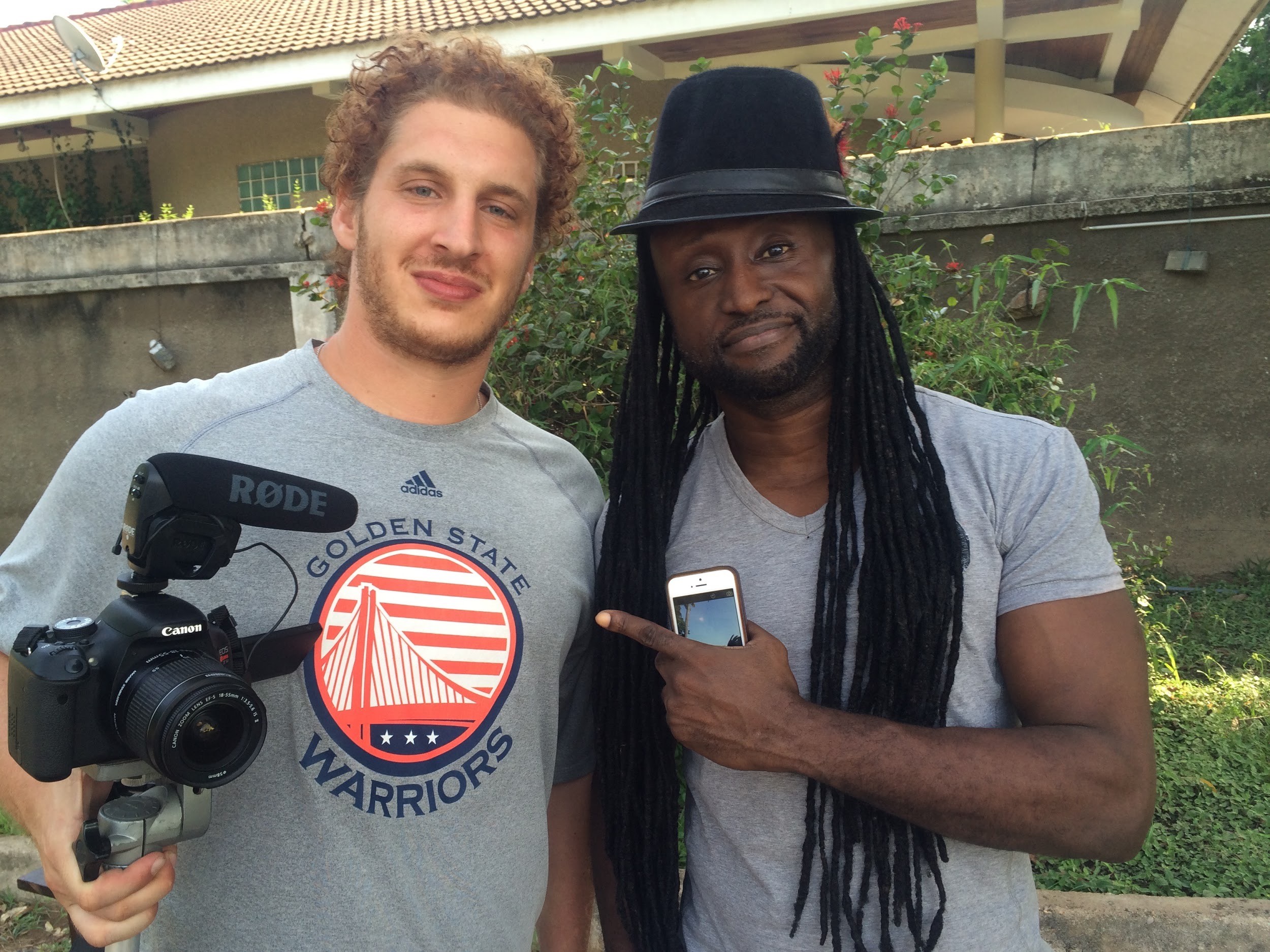The Fulbright Program encourages applications for study or training in the creative, performing and visual arts. Applications in all fields in over 140 Fulbright countries are welcome. Candidates should be thoroughly familiar with the Individual Country Summary and requirements for the country they wish to apply to.
Proposals in the arts should focus on formal training and/or independent study in specific disciplines. Applicants should indicate the following in their project statements: the reasons for choosing a particular country, the nature of their study, the form their work will take and whether it involves formal study at an institution, with an individual, or independent study. In their project statements, applicants should relate their current training to the study they plan to undertake abroad, the expected results of the study or training, and the contribution the foreign experience will have on their professional development.
Applicants must indicate host country affiliations and, where possible, provide letters of support from the individual or institution with whom or where they plan to carry out their study. While sources of support/affiliation are country specific, they may also include organizations such as museums, music groups, galleries, etc.
Candidates in the arts should be aware that their applications and supplementary materials will be reviewed by a discipline-specific committee of experts. Special care should be taken when identifying the appropriate field of study in the application; it should be germane to the focus of the proposed project. The discipline-specific committees in the creative, performing and visual arts include: Architecture; Creative Writing; Dance & Performance Art; Design; Filmmaking; Music Composition & Conducting; Photography; Piano; Organ & Harpsichord; Theater, including Acting, Directing and Costume/Set Design; Ethnomusicology, Sculpture & Installation Art, Painting & Printmaking, String Instruments, including Cello, Double Bass, Guitar, Harp, Lute, Viola, and Violin; Voice; Wind Instruments, including Bassoon, Clarinet, Euphonium, Flute, French Horn, Oboe, Percussion, Piccolo, Recorder, Saxophone, Trombone, Trumpet and Tuba.
The members of the discipline-specific screening committees in the arts can be working professionals, working/teaching professionals or full-time arts faculty at academic institutions or teachers at art and music conservatories in the U.S. They will be reviewing applications and supplementary materials in their respective fields for all Fulbright countries.
The supplementary materials should support the proposed study. In submitting supplementary materials in support of the application, please refer to your discipline in the Instructions for Submitting Materials in the Creative and Performing Arts for specifications on the materials required. Materials not specifically requested will not be reviewed.
While the quality of the supplementary material submitted in support of the written application is extremely important, candidates in the arts should be aware that members of the screening committees will also be extremely interested in the applicant’s training and preparation to carry out the proposed project. Therefore, previous formal study, training or experience is important.
Projects should focus on practical training or performance studies. Candidates should outline a study for which their previous study background compliments and supports the proposed project and will add to their professional training and development.
Applicants whose projects emphasize academic research over practical training should apply in the academic field appropriate to the nature of the project (e.g. Architectural History, Art History, Film Studies, Theater Studies, etc.) and not submit supplementary material.

